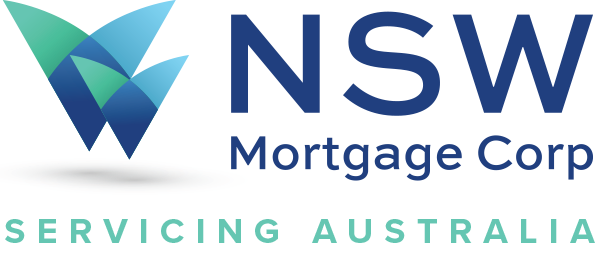Learn how modern entrepreneurs use the proceeds of small business loan to meet the ends of modern businesses. Understand the difference between traditional budgeting and forecasting and how each type of budgeting technique can help your organization.
In traditional sense, budgeting means cost-cutting. But, as modern businesses adapt to risky and complicated challenges; budgeting evolved from meeting the company’s needs to meeting the demands to create sustainable value for the company. So, instead of asking, “Can I downsize the expenses?” the budget now anchors on the question, “Will it increase the value of the company?”
Traditional Budgeting vs Forecasting
Traditional budgeting means creating a detailed budget that provides businesses with a basis they can work from, especially if money is limited. It acts as a guide that will help businesses carry out its goals despite the challenges along the way. On the other hand, forecasts refer to high-level plans that are more concerned with discussing issues, setting objectives and yearly targets. While number-focused traditional budgeting is often done by the accounting department and the top level management; forward-looking forecasting involves all departments in the company that will benefit from a good budget or suffer from a wrong one.
Budgeting in the Modern Times
With the rise of forecasting measures, does it mean that traditional budgeting is already obsolete? The answer is a resounding, “NO”. While modern business adapt various methods to include every aspect of business in making a budget, the basics of budgeting-such as statement so assets and liabilities, computation of net worth, present and future expenses and so on are still very important. You can operate on a whim method—or just depend on the “what-ifs” when running your company. Making a budget based on the things that you already see is still vital in making sure that you have the right budget for the things to expect.
Importance of Budgeting Second Mortgage Proceeds
Entrepreneurs who put their homes on the line to inject capital into their business or to convert a brilliant business idea into life need to understand the significance of budgeting and forecasting in making the most out of their borrowed money. For example, if you took out a second mortgage and used your equity to get it, make sure that aside from the money that you need each month to repay your loans, you have reserved an amount of money to make profit.
Home owners who happen to be entrepreneurs understand that it takes an honest assessment of their financial situation before they can embark on a new journey towards financial stability. You can never bring your business wherever you want it to go, if you don’t know when, where and how you should start.
It helps to check your liabilities, as well as your assets. Compute your net worth before looking into your financing sources. Afterwards, you can already make your own projections as to the viability of your business idea, the risks and strengths of doing your business, and the significance of an additional funding to realize it.
So, when using your home loan proceeds for your business, here are some questions to ask yourself:
For those who used the money to buy equipment—can I run my business without this equipment? Will the productivity of my employees, volume of production or quality of products increase with this tool? How many months or years will I break even? Will the expected profit justify this additional financial burden that compelled me to put my house on the line? The problem with some borrowers is that they fail to recognize the importance of maximizing profit generation for projects that they used their home loans to.
For example, if X took out a home equity loan to buy a new computer for his business, he may look at his purchase as an additional tool in his business-without thinking about its profitability. But, the moment he considers the new purchase as a tool to make his business more profitable—he will go out of his ways to ensure that such additional equipment will be used fully.




